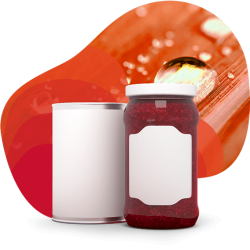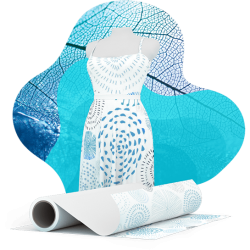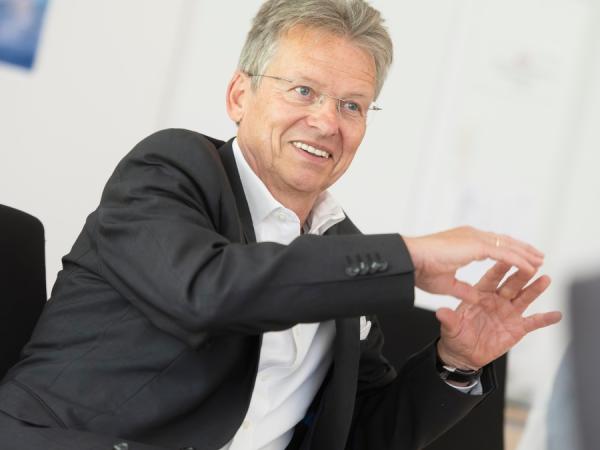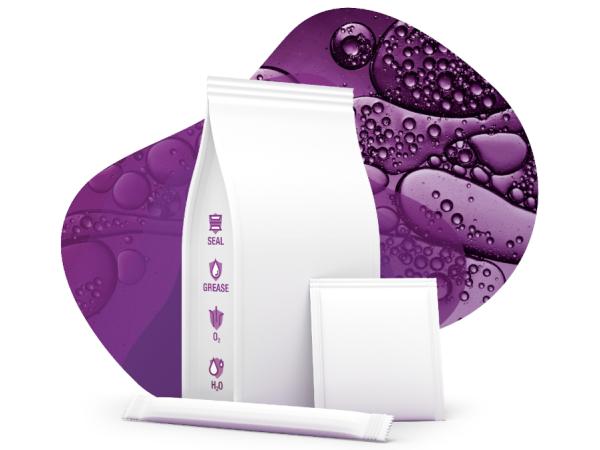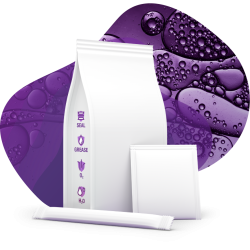
FACHPACK 2024: Sappi on current trends and insight from the trade fair

“Transition in Packaging” – with this motto, some 1,463 exhibitors and more than 35,000 visitors from the world over came together at this year’s FACHPACK to present their latest product innovations, share insights and discuss current topics. Sappi leveraged the leading industry event to not only present its own high-quality paper portfolio, but also to gain a hands-on impression of the current trends which will continue to play an important role in the future.

The circular economy complements the topic of sustainability
Sustainability is undeniably an enduring topic and a term that is now often being replaced by the ‘circular economy’. The idea behind this is that companies should aim to create a closed cycle for the products and packaging they manufacture. Changes are primarily driven by legal regulations, such as the PPWR, rather than by market forces. Against this backdrop, paper-based packaging solutions in both food and non-food are extremely helpful in counteracting the inevitable flood of plastic packaging. The challenge facing the industry remains, however, as paper alone cannot ensure the protection required for many package contents. At the moment, there is hardly a way around the use of plastics, making the challenging task of addressing the issue of packaging recyclability of paramount importance.

The EUDR: challenge and opportunity for businesses
In addition to the PPWR, companies are facing further regulations that pose significant challenges. At the forefront is the EU Deforestation Regulation (EUDR), a key topic at FACHPACK. The EUDR aims to combat deforestation and promote sustainable forest management. Its goal is to ensure that raw materials and products traded or exported in the EU do not contribute to global deforestation. The EUDR has been in force since 30 June 2023, with its provisions applying to large and medium-sized companies from 30 December 2024, and to small and micro-enterprises from June 2025. However, the EU Commission has agreed to postpone the implementation by one year, pending approval from the EU Parliament, which is highly expected to approve this postponement.This brings extensive due diligence obligations for all affected companies, which they must comply with and report on. Failure to act is not an option, as it could result in competitive disadvantages, reputational damage or even sanctions. The current uncertainty in the industry is quite palpable, as shown at FACHPACK. Many businesses are seeking guidance and support to meet these new requirements. However, this also presents an opportunity: companies that proactively implement the EUDR can turn this obligation into a real competitive advantage. Those that place sustainability at the heart of their operations not only strengthen their position in the market but also actively contribute to global environmental protection – leading to long-term benefits.
AI: Increased use at the beginning and end of the process chain
AI is playing an increasing role at the very beginning of the process chain by taking over technical, logical and repeatable tasks in packaging processes. However, the topic of AI also plays a decisive role in the area of recycling. A key insight gained at the FACHPACK fair is that a key objective for the future is to continue to optimise recycling using AI methods. Intelligent systems with cameras and sensors are already hard at work in sorting plants. They can not only recognise plastic, paper and metal, but can also differentiate between different types of plastic and even separate flexible from dimensionally stable packaging. However, mixing household waste continues to cause difficulties. It is hoped that AI will be able to successfully separate waste by type.

Achieving goals with digitalisation and Automation
Many trends are arising from economic conditions. For example, as clearly seen at FACHPACK, the ongoing shortage of skilled workers as well as demands for greater transparency and efficiency are driving the increased use of digitalisation and automation solutions. Digitalisation is playing an ever increasing role everywhere. For example, print jobs can be completed cloud-based, data analyses can reduce downtimes while increasing production efficiency. Packaging and displays are also being developed almost exclusively on the internet and no longer at the drawing board. Even though the trend has taken hold in the industry, many companies still need to be accompanied on their journey towards digital, automated packaging processes.
“We experienced a number of innovations and many new trends at this year’s FACHPACK. We are delighted to be part of this dynamic industry and to continue to drive it forward alongside other committed market players and partners.”

